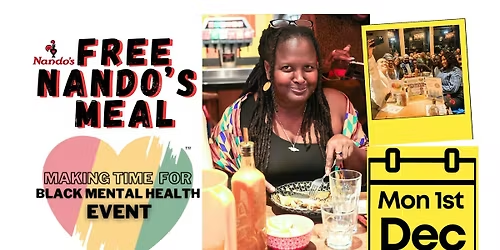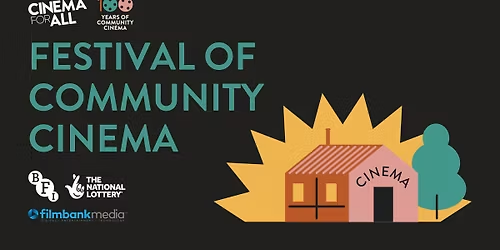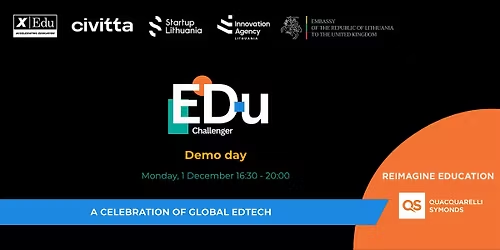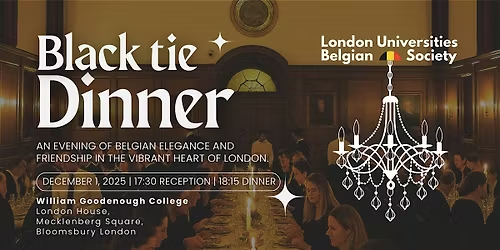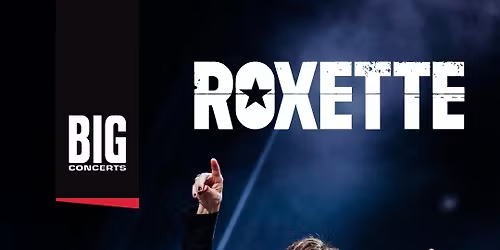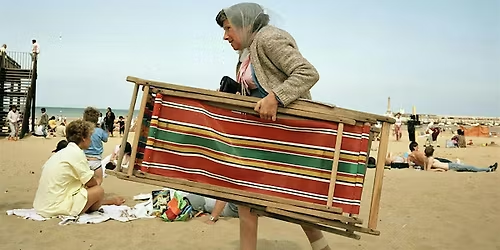
About this Event
Speakers include:
- (Senior Editor, Nature and author of the forthcoming book Beyond Belief: How Evidence Shows What Really Works);
- (Director, Science about Science);
- (Associate Professor in Science Policy and Knowledge Infrastructure, STEaPP, UCL);
- (Science and Technology Editor, The Economist);
- (Visiting Senior Fellow, LSE);
- (Executive Director, Corporate Affairs & Engagement, Wellcome).
Each speaker will give a short introduction, then most of the session will be conversational. The event will be chaired by (Professor of Collective Intelligence, Public Policy and Social Innovation, STEaPP, UCL).
This seminar will dig deep into how to communicate and share scientific knowledge in an environment of disinformation, conspiracy theories and social media — on chemtrails or vaccines, fluoride in water or digital identities.
There is now a huge amount of evidence on what does and doesn’t work in handling misinformation, disinformation, countering conspiracies and more. We know that simply asserting science, or correcting facts is rarely successful, and we know that powerful groups are ever more hostile to scientific arguments.
But recent evidence suggests at least some options and tactics:
- That relationships matter more to trust than the content of information (which is why in relation to vaccines, doctors are much more likely to be believed than politicians).
- That people are influenced as much by their peers as by media so that encouraging peer influence can be important.
- That the framing of issues matters as much as the content – for example, framing climate change and agriculture in relation to competitiveness and exports rather than sacrifice.
- That it’s usually smarter to bypass wrong beliefs rather than confront them head on.
- That facts are more influential if connected to everyday life and values, or if people can see how they might use or act on them.
Yet often scientists ignore this evidence or find it uncomfortable. In this seminar, we’ll try to dig into both the diagnosis and the prescription, the tactics and the more strategic issues.
The seminar is open to everyone and will be followed by a drinks reception. Places are limited so please book in advance to reserve your seat!
Flashpoints & faultlines in science, technology, engineering & public policy: a STEaPP seminar series
This event is organised by STEaPP-UCL in partnership with RoRI and hosted by Wellcome, and forms part of a STEaPP-UCL series on "Flashpoints & faultlines in science, technology, engineering & public policy”.
Science, technology and engineering policy has never been more important, nor more contested. This year, UCL’s Department of Science, Technology, Engineering and Public Policy (STEaPP) will be holding a series of seminars under the umbrella theme of ‘Flashpoints & faultlines in science, technology, engineering and public policy’. These are designed to provoke and stimulate fresh lines of thought, debate and research within the department, across UCL and beyond.
All staff and students in STEaPP are warmly invited to participate, as are colleagues from across UCL with an interest in these topics. The series is being convened by Geoff Mulgan and James Wilsdon, and is being organised with the support of the Research on Research Institute (RoRI), based within STEaPP.
The seminars are held in person as an opportunity to strengthen collaborative links across STEaPP and wider UCL. Talks will be recorded and posted online afterwards.
Event Venue & Nearby Stays
Wellcome Trust, Wellcome Trust, Gibbs Building, 215 Euston Road, London, United Kingdom
GBP 0.00

